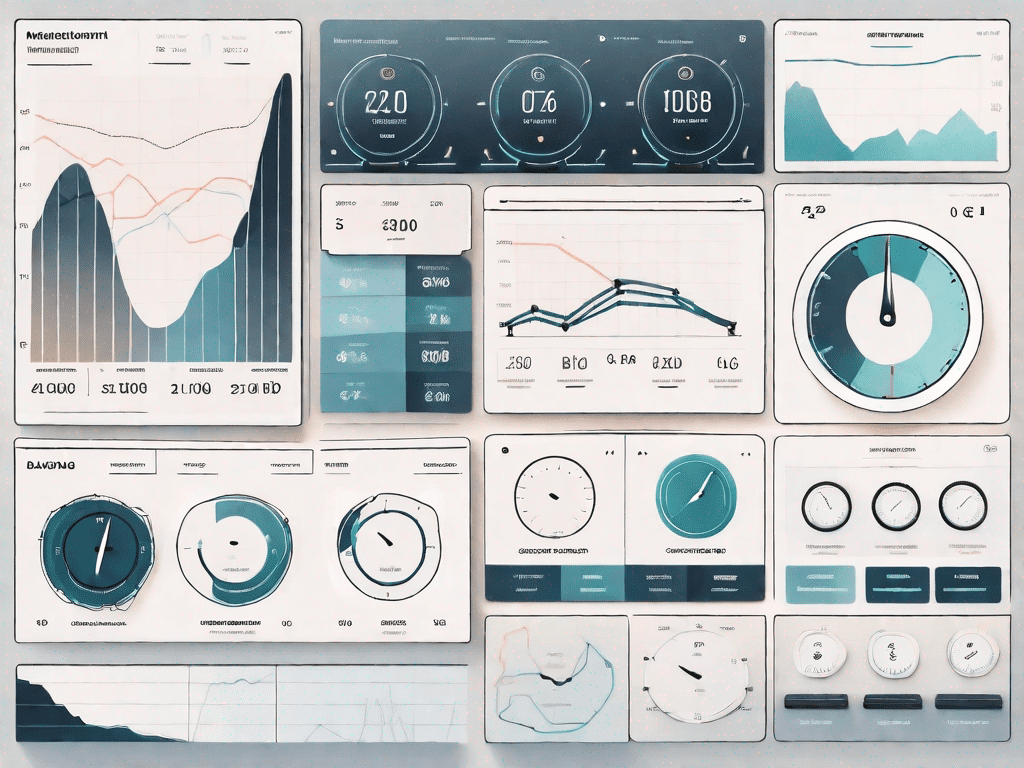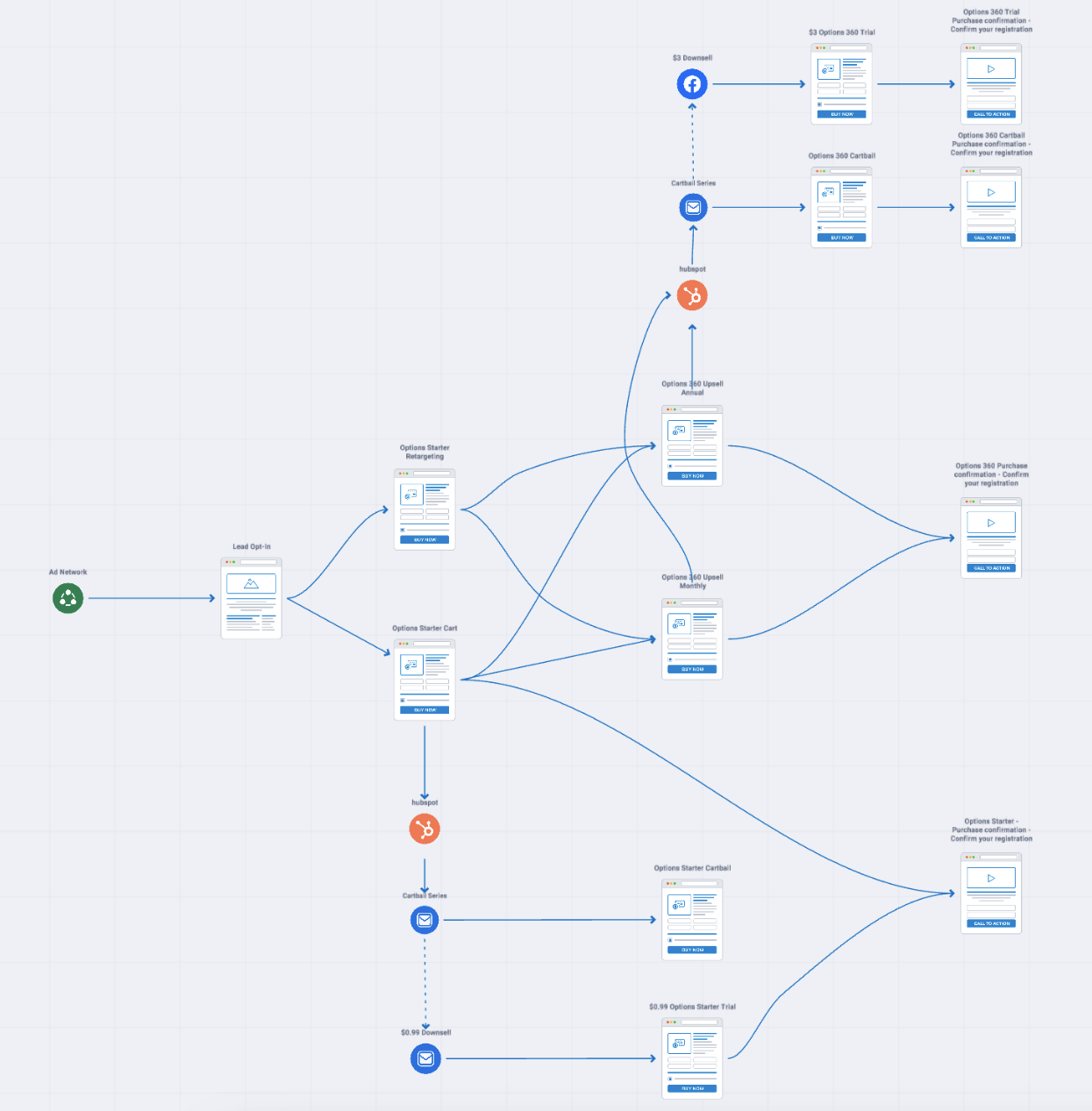The digital landscape is constantly evolving, and with it comes new challenges for businesses navigating the ever-changing privacy landscape. In recent years, both iOS and Google have implemented significant privacy changes that have far-reaching implications for businesses and user experience. In this article, we will explore the key changes brought about by iOS and Google, their impact on businesses, and strategies for adapting to these privacy changes.
Understanding the New Privacy Changes
In today’s digital age, privacy has become a paramount concern for users worldwide. As technology continues to evolve, companies like Apple and Google are taking significant steps to address these concerns and provide users with more control over their data.
iOS Privacy Updates: What’s New?
Apple’s iOS has long been known for its focus on user privacy, and with the latest privacy updates, they have taken it a step further. One of the most significant changes is the requirement for apps to ask for user permission before tracking their activities across other apps and websites.
This change is a game-changer as it provides users with more control over their data and aims to protect their privacy. No longer will users be unknowingly tracked and their personal information shared without their consent.
Additionally, iOS now requires app developers to provide detailed information about the data they collect and how it is used. This transparency empowers users to make more informed decisions about the apps they choose to use and the data they are willing to share.
By having access to this information, users can now evaluate if the benefits of using an app outweigh the potential privacy risks. This shift towards transparency is a positive step towards a more privacy-centric digital ecosystem.
Google’s Latest Privacy Restrictions: A Closer Look
Google, being a major player in the digital ecosystem, has also implemented privacy restrictions to enhance user privacy. One of the notable changes is the introduction of the “Privacy Sandbox,” which aims to provide a more secure and private web experience for users.
The Privacy Sandbox is an innovative approach that allows users to enjoy personalized experiences while maintaining their privacy. It offers a set of privacy-preserving APIs that enable advertisers to deliver relevant ads without compromising user data.
Furthermore, Google has been phasing out third-party cookies, which are commonly used for ad tracking. Instead, they are exploring alternative solutions, such as federated learning of cohorts (FLoC), to balance personalized ad experiences with user privacy concerns.
FLoC is a privacy-focused technology that groups users with similar interests into cohorts. Advertisers can then target these cohorts instead of individual users, reducing the need for invasive tracking methods.
By implementing these privacy restrictions, Google is striving to create a more privacy-conscious digital landscape. Users can now feel more confident that their online activities are being protected while still enjoying personalized experiences.
In conclusion, both Apple and Google are making significant strides in prioritizing user privacy. The new privacy changes introduced by iOS and Google’s Privacy Sandbox demonstrate their commitment to empowering users and safeguarding their personal information. These changes mark a positive shift towards a more privacy-centric digital ecosystem, where users have more control over their data and can make informed decisions about their online experiences.
The Impact of Privacy Changes on Businesses
The privacy landscape is constantly evolving, and businesses must adapt to these changes to stay competitive in the digital world. Two major players in the tech industry, iOS and Google, have recently implemented privacy updates that have significant implications for businesses.
How iOS Changes Affect Your Business
The iOS privacy changes have a profound impact on businesses, particularly those relying on targeted advertising and analytics. With users having to explicitly grant permission for tracking, businesses may see a decline in the availability of data for ad targeting and measurement.
However, these changes also present an opportunity for businesses to reevaluate their data collection practices and build stronger relationships with their customers. By focusing on providing value and gaining user trust, businesses can create a more personalized and meaningful experience for their customers.
Moreover, the increased transparency around data collection may lead to heightened user scrutiny. Businesses will need to earn user trust by demonstrating responsible data handling practices and providing clear value propositions for collecting user data.
One way businesses can navigate these changes is by investing in alternative advertising strategies that rely less on user tracking. For example, contextual advertising, which targets ads based on the content of the webpage rather than user data, can be a viable option for businesses looking to maintain their advertising effectiveness while respecting user privacy.
The Implications of Google’s Privacy Updates for Businesses
For businesses heavily dependent on Google’s advertising platforms, such as Google Ads and AdSense, the privacy updates can significantly alter their advertising strategies. The phasing out of third-party cookies and the adoption of alternative solutions will require businesses to adapt their ad targeting techniques.
Similar to the iOS changes, Google’s privacy updates also emphasize the importance of building direct relationships with users. Businesses will need to invest in first-party data collection and build direct relationships with users to maintain personalized experiences without relying solely on third-party data.
While these changes may initially pose challenges for businesses, they also present an opportunity for innovation and creativity. Businesses can explore new ways of engaging with their audience, such as interactive content, gamification, or loyalty programs, to gather first-party data and deliver personalized experiences.
Additionally, businesses can leverage the power of data privacy as a unique selling point. By highlighting their commitment to user privacy and data protection, businesses can differentiate themselves from competitors and attract privacy-conscious customers.
In conclusion, the privacy changes implemented by iOS and Google have far-reaching implications for businesses. Adapting to these changes requires a shift in mindset and a proactive approach to data collection and user engagement. By embracing privacy as a core value and investing in alternative advertising strategies, businesses can not only navigate the evolving privacy landscape but also thrive in it.
Strategies for Adapting to Privacy Changes
Navigating iOS Privacy Updates
Adapting to iOS privacy updates necessitates a comprehensive approach. Businesses should prioritize obtaining explicit user consent for data tracking through clear and concise permission prompts. This ensures that users are fully aware of the data being collected and gives them the opportunity to make an informed decision.
Furthermore, optimizing data collection practices to minimize the reliance on personally identifiable information (PII) can strengthen user trust and comply with privacy regulations. Implementing techniques such as data anonymization and aggregation can help protect user privacy while still allowing businesses to gain valuable insights.
In addition to these measures, businesses can explore alternative marketing strategies beyond targeted advertising. Contextual advertising, for example, involves displaying ads based on the content of a webpage rather than on user data. This approach can be effective in reaching relevant audiences without relying heavily on personal information.
Content marketing is another strategy that businesses can adopt to adapt to iOS privacy updates. By creating valuable and engaging content, businesses can attract and retain customers without relying solely on targeted ads. This approach not only helps build brand loyalty but also allows businesses to establish themselves as thought leaders in their industry.
Customer relationship management (CRM) approaches can also play a significant role in mitigating the impact of limited data availability. By focusing on building strong relationships with customers and providing personalized experiences based on their preferences and behaviors, businesses can continue to deliver targeted messaging without relying solely on user data.
Adapting to Google’s Privacy Changes
As Google’s privacy updates continue to evolve, businesses need to embrace the changing landscape and proactively adapt. Staying informed about the latest updates from Google and implementing relevant changes promptly is crucial to maintaining compliance and ensuring a seamless user experience.
Investing in technologies like machine learning algorithms that can process aggregated and anonymized user data can enable businesses to continue delivering personalized experiences while respecting privacy restrictions. These algorithms can analyze patterns and trends without compromising individual user privacy, allowing businesses to tailor their offerings to specific customer segments.
Additionally, focusing on building first-party data through user interactions and insights can provide a strong foundation for marketing and personalization efforts. By directly collecting data from their own platforms and channels, businesses can have more control over the information they gather and can better understand their customers’ preferences and behaviors.
Moreover, businesses can explore partnerships and collaborations with trusted third-party data providers who prioritize user privacy. By working with reputable partners, businesses can access additional data insights while ensuring that privacy regulations are upheld.
In conclusion, adapting to privacy changes requires a multifaceted approach that prioritizes user consent, minimizes reliance on personally identifiable information, and explores alternative marketing strategies. By staying informed, investing in the right technologies, and focusing on building first-party data, businesses can navigate privacy changes effectively and continue to deliver personalized experiences to their customers.
Privacy Changes and User Experience
How iOS Privacy Changes Impact User Experience
From a user experience perspective, iOS privacy changes can have both positive and negative effects. On one hand, users are provided with more control over their data, fostering a sense of trust and confidence in the apps they use.
On the other hand, the increased permission prompts and limitations on data collection may disrupt the seamless user experience some apps strive to deliver. Businesses must find a balance between user privacy and maintaining a frictionless experience, ensuring that privacy measures do not hinder functionality or value for users.
The Effect of Google’s Privacy Updates on User Experience
Similar to iOS, Google’s privacy updates can have a profound impact on user experience. By reducing reliance on third-party cookies, users may experience fewer personalized ads but also a decreased risk of intrusive tracking.
However, maintaining a personalized user experience within privacy constraints is crucial. Leveraging technologies like machine learning and contextual advertising can enable businesses to serve relevant content and ads tailored to users’ preferences while respecting their privacy choices.
Future Predictions: Privacy Changes and Beyond
Anticipating Future Privacy Changes from iOS
The landscape of privacy changes is constantly evolving, and it is essential for businesses to anticipate future changes to stay ahead. Looking ahead, iOS is likely to continue prioritizing user privacy and tightening regulations around data tracking and usage.
Businesses should prepare for increased scrutiny and invest in privacy-centric practices to ensure compliance with upcoming privacy changes. Furthermore, exploring alternative advertising strategies, such as contextual advertising and influencer marketing, can offer more resilient solutions in a privacy-conscious future.
Predicting Google’s Next Moves in Privacy Regulation
Google’s commitment to privacy is likely to evolve further as the industry adapts to changing user expectations and regulations. Predicting their next moves in privacy regulation can help businesses align their strategies proactively.
As technology advances, Google may explore additional privacy-preserving solutions beyond the Privacy Sandbox. Businesses should stay informed about developments in federated learning, differential privacy, and other emerging privacy-enhancing technologies to ensure their strategies align with Google’s future direction.
In conclusion, adapting to new privacy restrictions imposed by iOS and Google is crucial for businesses that want to thrive in the evolving digital landscape. By understanding the changes, assessing their impact, and implementing adaptive strategies, businesses can navigate these privacy changes while delivering personalized user experiences and earning user trust.



